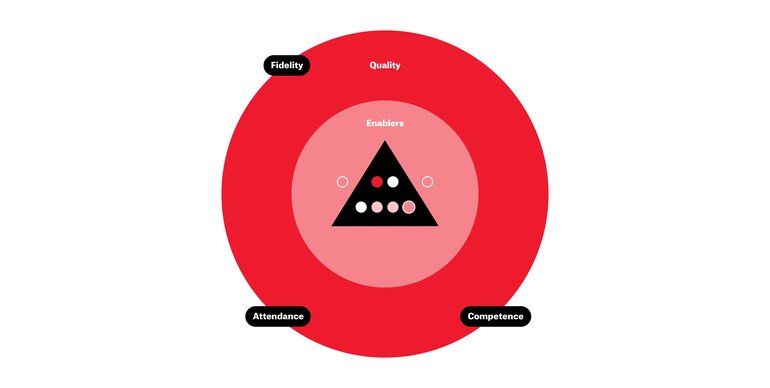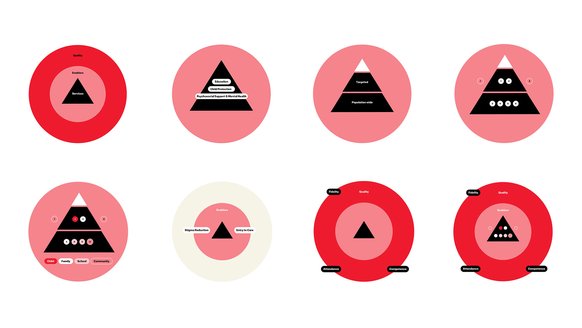Driving EASE Forward
“We have spent the past years adapting EASE for implementation in Lebanon and evaluating its effectiveness. Feedback from children and caregivers has been very positive. We are now analyzing the research data.”
Professor Mark Jordans, Director of Research & Development
Persistent difficulties
- Young adolescents affected by adversity face significant barriers to accessing quality mental healthcare
- The mental health ‘treatment gap’ for people in low-income countries is around 90%. In countries affected by armed conflict, that figure is even higher
- Without adequate access to mental healthcare, the evidence suggests that youth are extremely vulnerable to experiencing mental health difficulties
Managing emotions
EASE is a group psychological intervention, incorporating evidence-based strategies for dealing with emotional disorders in children and young people. The intervention is made up of seven group sessions for adolescents and three sessions for caregivers. The programme for adolescents predominantly focuses on understanding emotions, stress management, behaviour activation and problem solving.
Visit the Mental Health Innovation Network website for a complete overview here.
Relevant, feasible
In Lebanon, War Child has conducted a needs assessment and cultural adaptation to ensure that EASE is relevant and applicable to the local context. An initial pilot of the locally-adapted intervention in Lebanon has shown that EASE can be successfully implemented.
Find out more about the ongoing evaluation of EASE here.
Our Partners
The development of the EASE intervention is led by the World Health Organization. War Child’s evaluation of EASE fits within the work of the STRENGTHS consortium, which is funded by the European Union’s Horizon 2020 programme. The STRENGTHS consortium is evaluating the implementation of non-specialist mental health interventions for adolescents and adults in eight different countries in the Europe and MENA regions.
Find out more about the STRENGTHS consortium here.
Countries
War Child is conducting an evaluation of the EASE intervention in Lebanon, as part of the STRENGTHS consortium. Evaluations are also being conducted in parallel by partner organisations in Tanzania, Pakistan and Jordan.
Testing the effectiveness
The effectiveness of EASE is currently being evaluated in Lebanon, Jordan, Pakistan and Tanzania.
Our research agenda
The main research aim is to measure whether adolescents’ psychosocial distress is reduced after taking part in EASE. A full-scale trial is currently ongoing to this end. The findings of this trial will inform the broader implementation of the intervention.
Research and development
How we ensure our work with children is effective

The War Child Care System is made up of nine Core Interventions, developed to address the urgent needs of conflict-affected children and their communities. These interventions are supported by a number of tools and enabling trajectories that serve to promote access to care and a process of localisation.
Meet our Research and Development Team
Mark Jordans is Professor of Child and Adolescent Global Mental Health at the University of Amsterdam, and Reader, Child and Adolescent Mental Health in Humanitarian Settings at the Center for Global Mental Health, King’s College London. Besides that, he also heads up our Research & Development department working collaboratively on the EASE intervention with researchers in Lebanon and Amsterdam.

